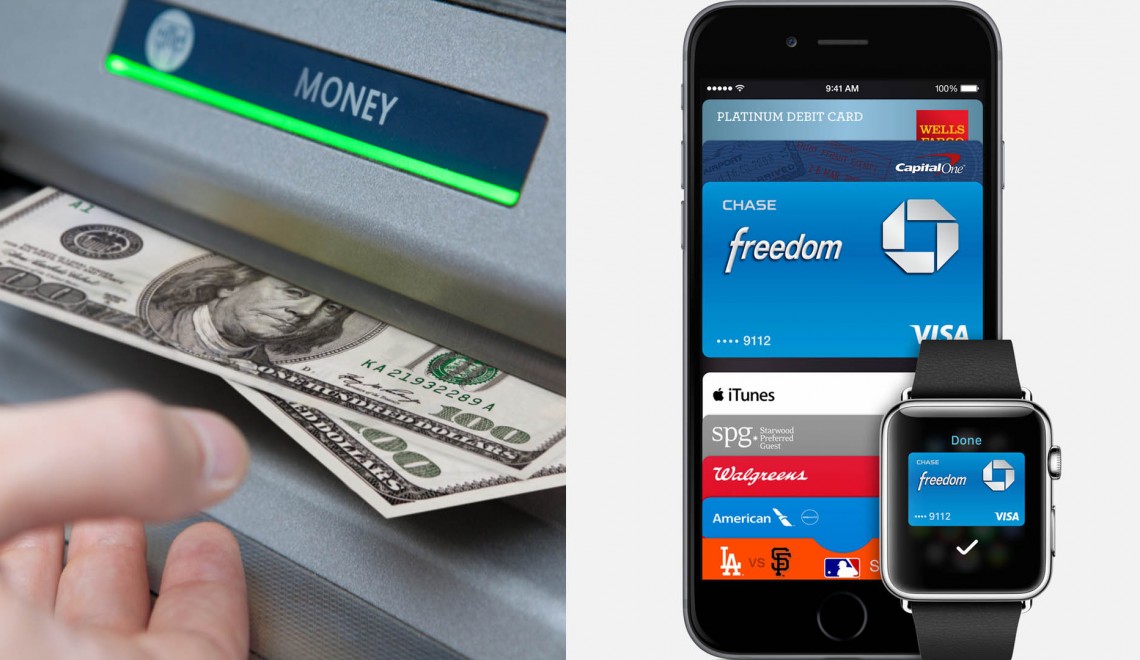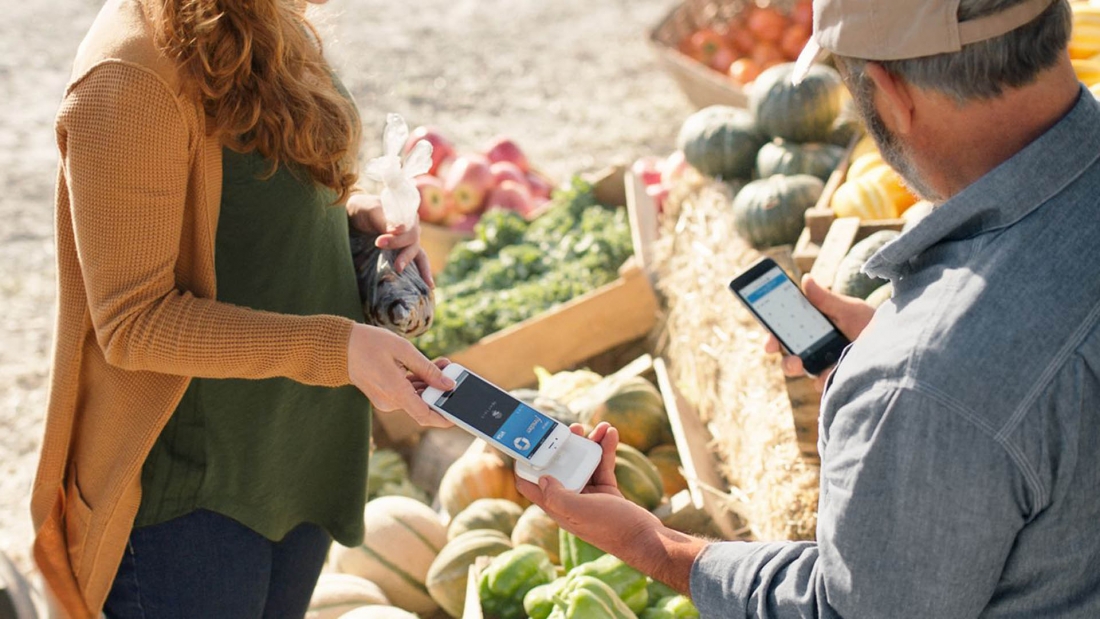 Up unit a month ago, mobile payments was a fairly quiet topic. Google Wallet had been out for a while but wasn’t moving the industry forward. Since the October launch of Apple Pay there has been press on mobile payments every few days, some good, some bad.
Up unit a month ago, mobile payments was a fairly quiet topic. Google Wallet had been out for a while but wasn’t moving the industry forward. Since the October launch of Apple Pay there has been press on mobile payments every few days, some good, some bad.
• This week the grocery store chain Whole Foods announced that it had processed 150,000 payments via Apple Pay in the 3 weeks since the service went live. According to Mike Dudas (former mobile payment lead at Google and PayPal) this represents around 1% of Whole Foods’ transactions.
• Google Wallet appears to be benefitting from the publicity of Apple Pay. Since the announcement of Apple’s mobile payment service, the number of Google Wallet users has almost doubled. According to arsTechnica, Google Wallet has also seen a 50% increase in weekly transactions.
• Re/code offered some insight into CurrentC and Walmart, stating that Walmart “will never accept Apple Pay” because of the transactions fees. Mobile payments for the time being are being charged a “card not present” transaction rate. This rate is slightly higher than the standard rates and for companies that already take issue with transaction fees it is a difficult pill to swallow. A number of these merchants are behind the development of CurrentC, which connects to your bank account to avoid those fees.
• MCX held a press conference last week to try to defend itself against growing disdain towards QR based CurrentC mobile payment system. MCX confirmed that its partners are obligated to not accept competing mobile payment methods but stated that that agreement expired in a time period “closer to months than years.” MCX members are also free to leave at anytime without penalty but they will forfeit all fees paid (estimated to be between $500K – $1M). Finally MCX confirmed that they believe CurrentC offers the customer the best balance of easy of use and benefits since the store can learn more about the user.
• According to MCX, CurrentC will be able to utilize some debit cards in addition to connecting to a user’s bank account (which involves the storage of your social security number) and to store credit cards.
• Jim Maholic of Hitachi Consulting presents two compelling arguments against CurrentC. First, early data suggests that Apple Pay is attracting the right type of customers and those customers are choosing to shop places that offer the service. Second, Chief Information Officers of large chains are living in fear of customer data being stolen. Between the tokenized transactions and lack of cloud stored information, CIO’s are likely to push systems such as Apple Pay forward.




